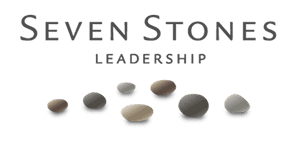Recently, I caused a pretty major breakdown. It was a technical error that had big consequences, namely, breaking our word to clients. Collectively, we handled the impact on our customers pretty well. Immediate email, phone calls, open conversations. But then there was the matter of what to do about the impact on each other. The fact that I, for example, had made this mistake in a particular context of not having kept another promise, or that my mistake had caused several additional hours of work for my colleagues that they did not plan on having that week … well, there were some feelings.
And we handled those feelings in our next staff meeting. We dropped our agenda and expectations and rolled up our sleeves and had some difficult conversations that got easier over the 90 minutes with questions like “what else was in the space to cause this mistake?” slowly moving away from blame and shame towards collective understanding of the whole picture – context, content, the quietest voices, the overlooking, the scarcity.
By the end of our meeting, there was a renewed sense of possibility. The slate was clean and we could create again, create uninhibited, fully, and in flow with ourselves and with each other. There was a palatable feeling of this renewed energy flow.
And we were left with the inquiry: what do other organizations do when a colleague makes a mistake, or there is a breakdown that effects everyone? We’ve all been involved in various companies and groups, and I for one, had never experienced a process that was relatively quick and the outcome was a clear space in which to move on and do good work. Most of my experience in organizations is that much gets left unsaid and that the feelings associated with an event or action leak out over time, corrupting the creativity and productivity of everyone. We started to wonder, what would happen in companies that actually cleaned up their mistakes fully, within and without? What would the world look like, for that matter?
While I loathed that I made an error, I had no problem owning it and making amends because I felt safe, or safe enough, in the group. Once I said I was sorry (and began to forgive myself so I was more available for group process and not distracted by self-loathing), there was room for all of us to explore what was in our space; we created the opportunity for everyone to inquire and learn, individually and collectively. We could trace the breakdown to distraction, fears of spending money, putting off other “clean-up” conversations, shame in hiding what we weren’t doing that we were accountable for, among other things. Telling the truth inspired us to let go and move on, to create new structures and promises for accountability, to prioritize what was most important and put aside other projects. We actually got to reorientate to each other, ourselves and the business.
I still regret my mistake. I don’t prescribe to “everything happens for a reason.” Though I didn’t accidentally end a life, what I did stinks and was wrong. Sometimes that happens. And, we were able to acknowledge, adapt and learn. These actions are the foundations for coping with uncertainty, for an ever fast changing economic (and political and social and climate) landscape, and for shifting into a new paradigm.
Jen made a list of the skills we used during our post breakdown process. These are decades in the making by each of us and how we come together as a group. Take a look: What can you say “Yes! I can do that.” to, what are you working on, what are you avoiding or didn’t know existed? What turns you on? And, is there anything below that scares you?
- awareness practice
- self reflective practice
- self responsibility–what is my part in this?
- commitment to clear things knowing it will make a difference
- willing to get coaching
- knowing how to design a conversation that will repair trust and heal things
- ability to speak in “I” language
- ability to ask questions
- ability to not know
- ability to love someone while mad or upset or unclear
- ability to hold paradox
- distinctions about scarcity and what fuels breakdowns
- ability to know breakdowns are just breakdowns
- distinctions around trust
- ability to trust
We are a work in progress, an experiment, inventing our business and its processes from sufficiency principals and aligning with how we perceive nature works. We don’t have all the answers, many, many questions! Tell us: How do you recover from a breakdown that you created or one you didn’t that you still had to handle? Is it different or the same if you are in your professional role at work or at home and more personal?



